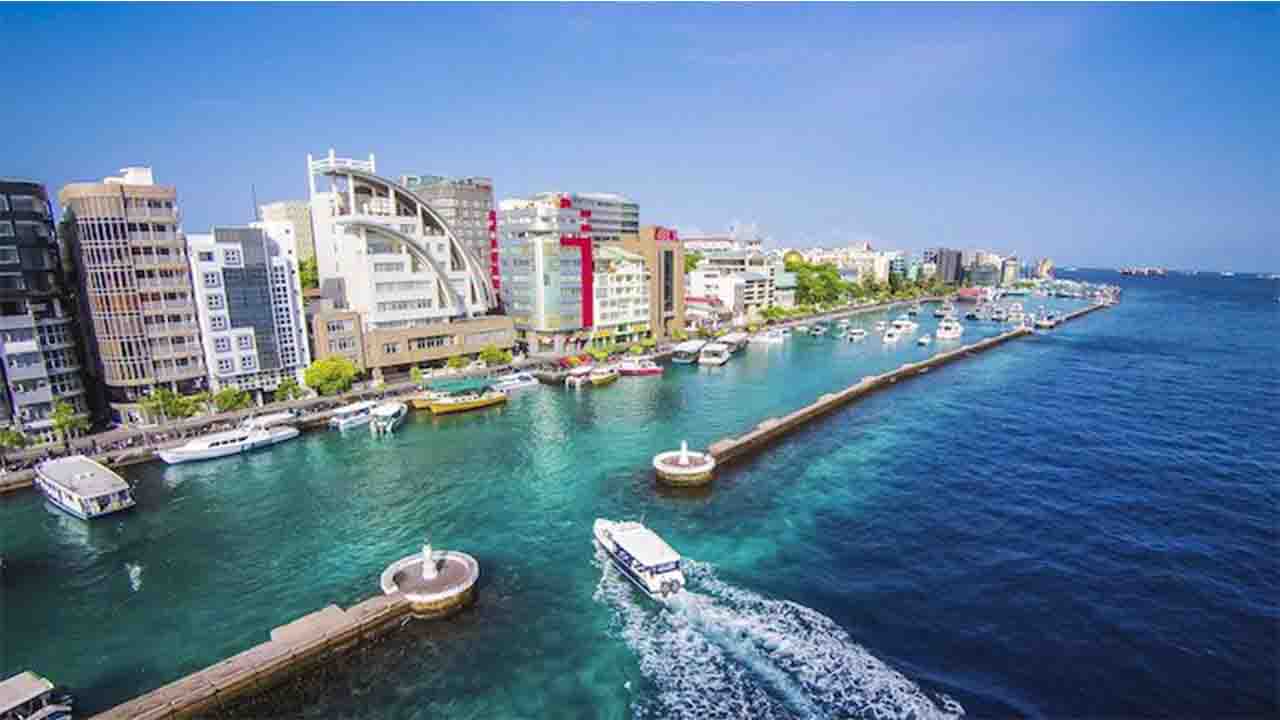Climate change, driven primarily by human activities, has emerged as a defining challenge of our time. While its impacts are global in scope, some of the most vulnerable and deeply affected are the Commonwealth Small Island Nations. These nations, often characterized by their small land areas, fragile ecosystems, and economic limitations, find themselves at the forefront of the battle against rising seas and extreme weather events.
Rising sea levels stand as one of the most visible and immediate consequences of climate change. For the Commonwealth Small Island Nations, many of which are situated in low-lying coastal areas, this phenomenon presents an existential threat. As global temperatures continue to rise, ice sheets and glaciers melt, leading to the expansion of ocean waters. The consequences are dire – saltwater intrusion into freshwater sources, coastal erosion, and loss of habitable land. The very foundations of these nations’ economies, often reliant on fishing and tourism, are under siege as coastlines recede and essential infrastructure is damaged or destroyed.
Extreme weather events, another consequence of a warming planet, are increasingly impacting these nations. Hurricanes, cyclones, typhoons, and other such events are growing in frequency and intensity, leaving trails of devastation in their wake. The consequences extend far beyond physical damage, disrupting essential services and causing loss of life. For nations already grappling with limited resources and infrastructure, these events are particularly challenging to manage. Power outages, compromised access to clean water, and overwhelmed healthcare systems further compound the crisis.
The vulnerabilities of the Commonwealth Small Island Nations are exacerbated by various socio-economic factors. Economic diversification is often limited, with economies heavily reliant on a few key sectors. These sectors, such as agriculture and tourism, are especially susceptible to the impacts of climate change. Additionally, these nations often lack the financial resources necessary for comprehensive adaptation and mitigation efforts. It’s a bitter irony that the countries least responsible for global greenhouse gas emissions are the ones bearing the brunt of their consequences.
In response to these challenges, Commonwealth Small Island Nations are not passively resigned but actively engaged in building resilience and adapting to the changing climate. Initiatives range from infrastructure projects designed to withstand extreme weather events to the implementation of coastal protection measures. Sustainable water management strategies are being developed to address issues of scarcity and salinity. Furthermore, these nations are lending their voices to the global call for ambitious climate action, highlighting the urgency of reducing greenhouse gas emissions to prevent further escalation of the crisis.
The responsibility to support the Commonwealth Small Island Nations in their battle against climate change extends beyond their borders. The international community, including larger Commonwealth member states, must step up to provide the necessary assistance. This assistance can take various forms, including financial support for adaptation projects, technology transfer, capacity-building, and collaborative research. By forging a global partnership rooted in solidarity, empathy, and shared responsibility, the world can stand beside these nations as they strive to protect their unique cultures, environments, and ways of life.
In conclusion, the intersection of climate change, rising seas, and extreme weather presents a formidable challenge for the Commonwealth Small Island Nations. These nations, often bearing the least responsibility for the crisis, find themselves on the frontlines of its impacts. However, through determined resilience-building efforts and global cooperation, there is hope that these nations can weather the storm and secure a sustainable future for generations to come. The battle against climate change is a battle for the survival of cultures, communities, and ecosystems – and it is a battle we must all join.








